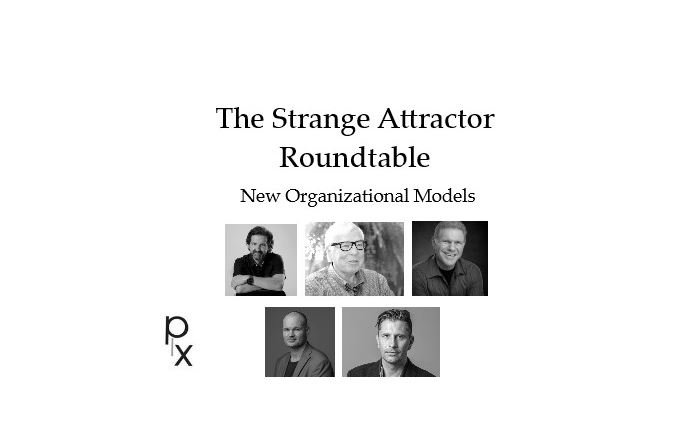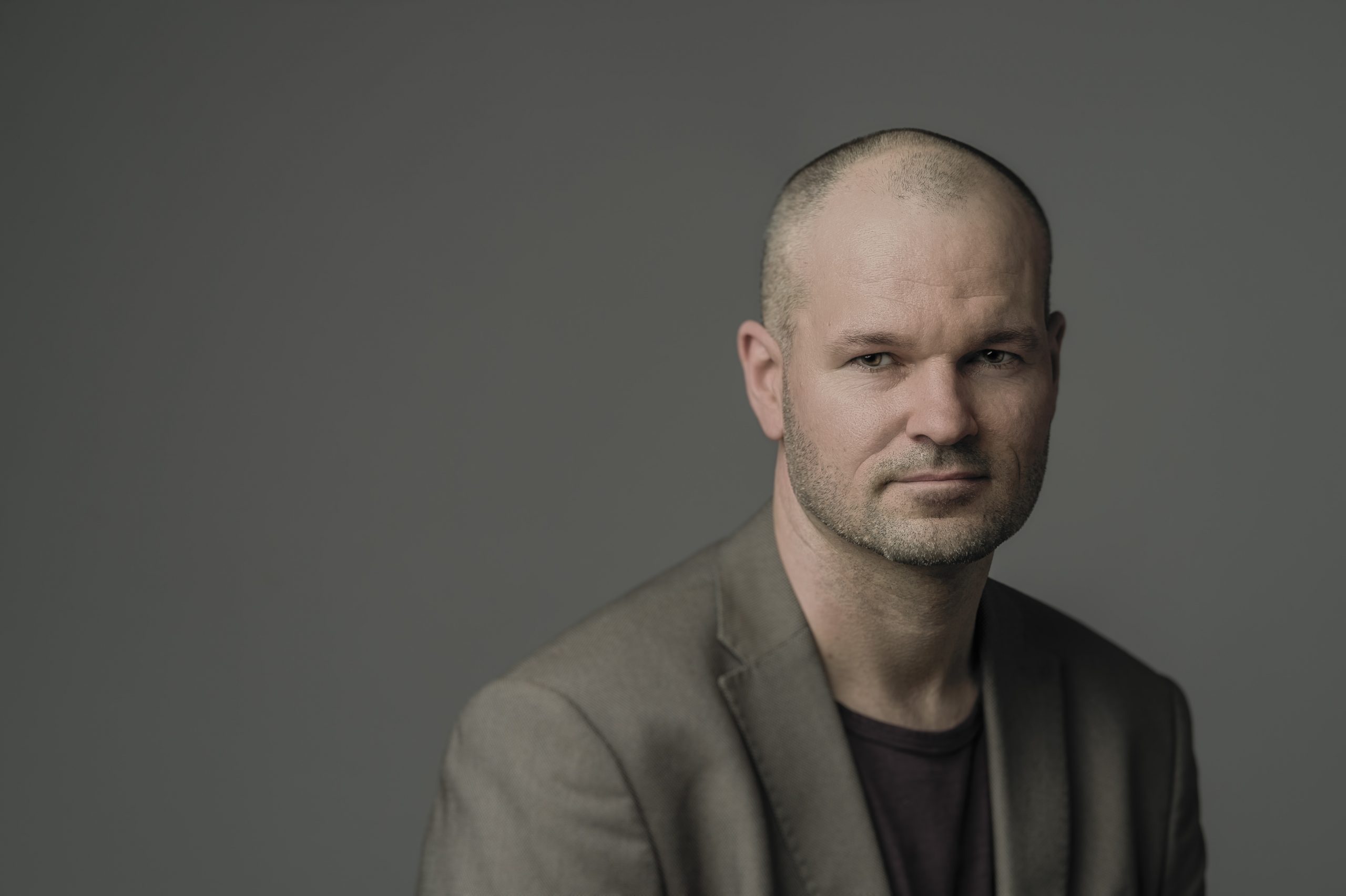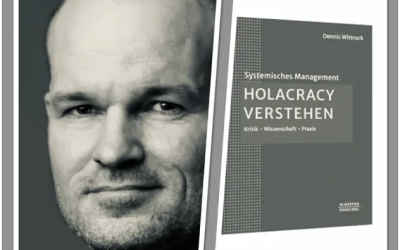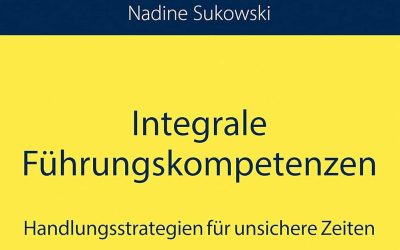„Outcompeting Game A: New Organizational Models for a Game B World“
Buckminster Fuller once said, ”You never change things by fighting the existing reality. To change something, build a new model that makes the existing model obsolete.” If the current system is „Game A“, how do new organizational models for a „Game B“ world look like? Join us for an exciting exploration with questions like these:
- What insights can we glean from experiments in the space of self-management?
- How would a truly integral, metamodern, holistic form of running a business look like?
- How can we make purpose the boss and decentralize power systematically?
- What role might the emergence of Web3 and Decentralized Autonomous Organizations (DAOs) play to create better incentive structures and solve global coordination problems?
- How can new organizational and business models outcompete the legacy system?
GUESTS
- Jim Rutt, pioneer of the Game B movement and host of the Jim Rutt podcast show
- Tom Thomison, co-founder of HolacracyOne and encode.org
- Dr. Marco Antonio Robledo, Author of „3D Management“ and Director of the MBA at the University of the Balearic Islands
HOSTED BY
Tom Amarque: Founder of Parallax
Dennis Wittrock: Holacracy Coach, Philosopher and Co-founder of the Integral European Conference www.denniswittrock.com
About the Strange Attractor Series
In the last couple of years, we have witnessed the emergence of different meta-models, theories, and future visions which try to go beyond the worldview of postmodernism: a strange attractor that seems to run on new and exciting algorithms. But what—if anything—do all of these models and movements have in common? Is there a shared deep-structure that is expressing itself, not only in new and more complex ways of thinking and cognition, but also in geopolitics, science, industry, religion, ecology, sexuality, parenting, culture, technology, architecture, the arts—and in every other area of contemporary life. Is there a strange attractor that emerges after postmodernity? What are its shape and characteristics? What new and exciting vistas and opportunities do these new vistas open up for us? Can they contribute to solving the existential problems of the current meta-crisis? What are the moral and ethical injunctions that we could infer from the present emergence of these meta-tribes.
In this Roundtable-series – hosted by PARALLAX – we invite a multitude of ‘post-postmodern’ pioneer—thinkers, psychologists, sociologists, philosophers, educators, economists, and artists—to have an interdisciplinary discussion about the essence of Post-Postmodernity – given there is such a thing. More precisely, this podcast-series is an experiment which seeks to find out whether these movements and models after Postmodernity have something in common. Can these movements leave their respective bubbles and contribute something essential to the development of the world we live in? That is our primary question.





0 Kommentare